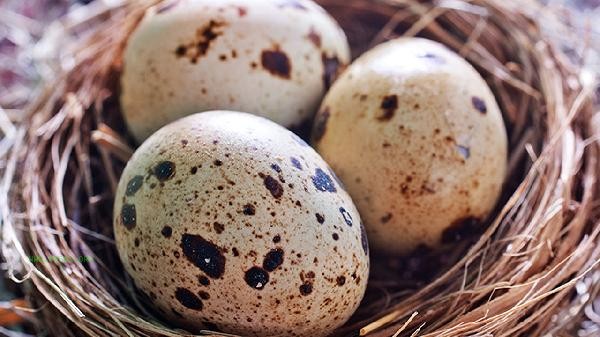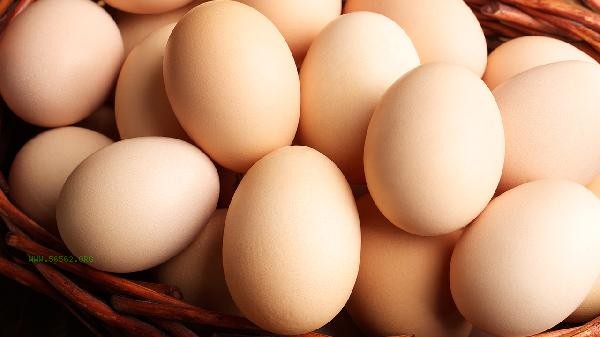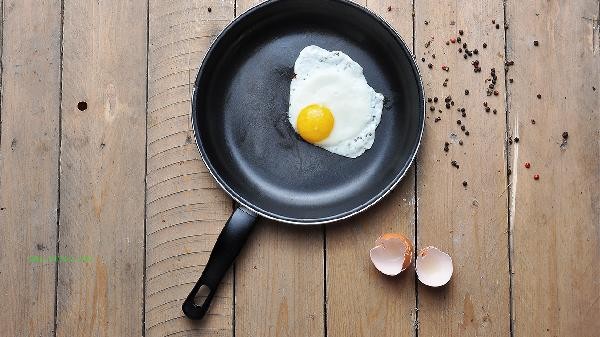During the weight loss period, it is recommended to consume 1-2 whole eggs per day, and the specific amount should be adjusted according to individual metabolic status, exercise intensity, and overall dietary structure. Egg intake is mainly influenced by five factors: basal metabolic rate, cholesterol levels, protein requirements, cooking methods, and other dietary combinations.

1. Basal metabolic rate:
Individuals with high basal metabolism may increase their egg intake appropriately. Adult males require approximately 56-91 grams of protein per day, while females require 46-75 grams. Each egg contains 6-7 grams of high-quality protein. For people with a large body weight or high muscle mass, 2-3 eggs per day can meet their needs for muscle gain and fat loss while controlling total calories.
2. Cholesterol levels:
Healthy individuals do not need to strictly limit egg yolk intake. The latest nutritional research shows that dietary cholesterol has limited impact on serum cholesterol. For those diagnosed with hypercholesterolemia, it is recommended to consume no more than one egg yolk per day or to replace one whole egg with three egg whites.
3. Protein requirement:

Incremental supplementation is possible during strength training. When conducting resistance training or high-intensity interval exercise, 1.4-2 grams of protein are required per kilogram of body weight. Eating 2 boiled eggs with whey protein for breakfast can provide sustained satiety and promote muscle repair, avoiding overeating after exercise.
4. Cooking method:
Frying method requires conversion of heat. The calorie content of boiled and steamed eggs is about 70 calories per egg, while fried eggs can have up to 120 calories. When using oil-free cooking, the number of eggs can be appropriately increased; If butter or cheese is used in combination, it is necessary to reduce the intake of other fats accordingly.
5. Dietary combination:
It is necessary to coordinate the source of protein throughout the day. In addition to eggs, chicken breast, fish, soy products, etc. should also be consumed in a balanced manner. It is recommended to eat eggs with vegetables rich in vitamin C, such as bell peppers and broccoli, to promote iron absorption and avoid nutrient waste caused by excessive intake of eggs alone.

During weight loss, it is recommended to choose to eat eggs for breakfast or after exercise, as protein utilization is highest at this time. Paired with whole wheat bread and vegetable salad, it can delay the rise of blood sugar and avoid the kidney burden caused by consuming high protein foods alone. Individuals with chronic kidney disease or gallbladder disease should adjust their egg intake under the guidance of a nutritionist. Pay attention to the body's reactions. If there is bloating or skin allergies, adjust the dietary structure in a timely manner and conduct food intolerance testing if necessary. Maintain sufficient drinking water, at least 1500 milliliters per day, to help metabolize the nitrogen-containing waste produced by egg decomposition.




Comments (0)
Leave a Comment
No comments yet
Be the first to share your thoughts!